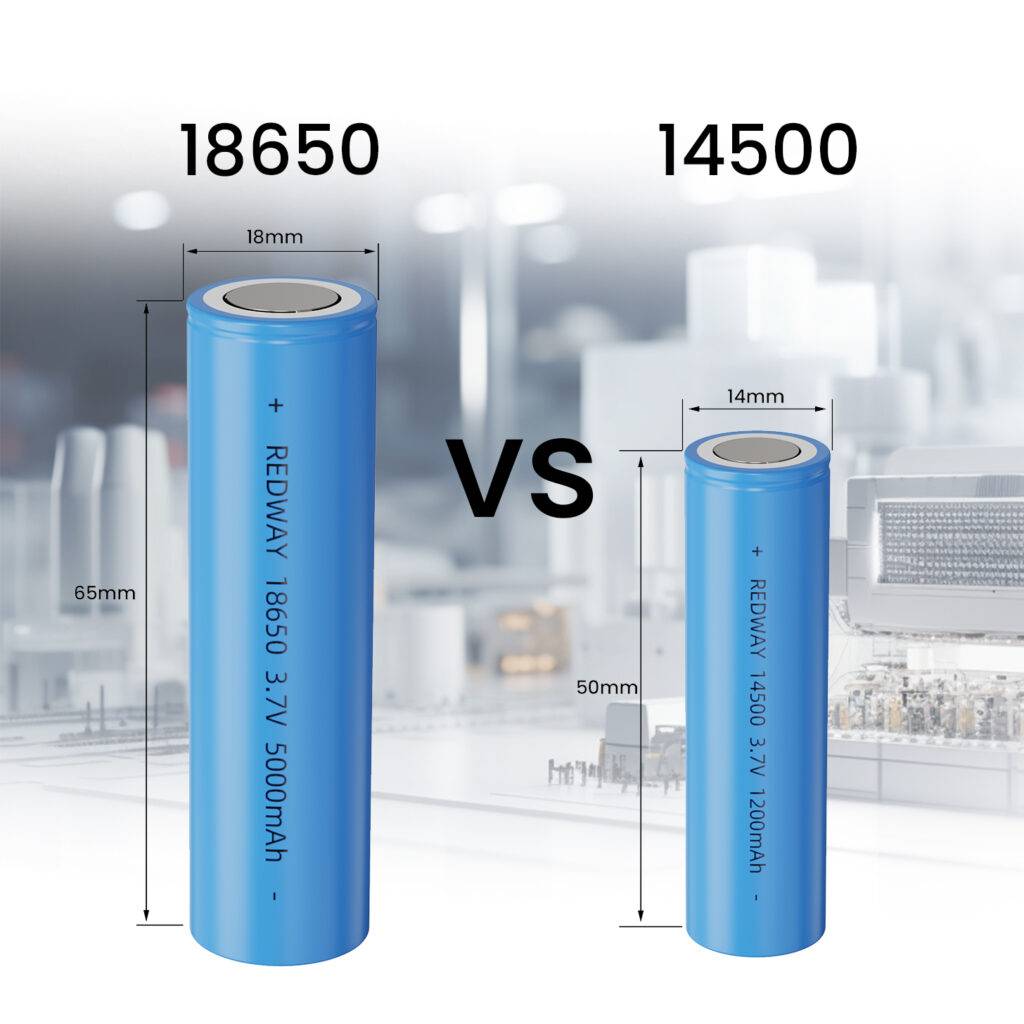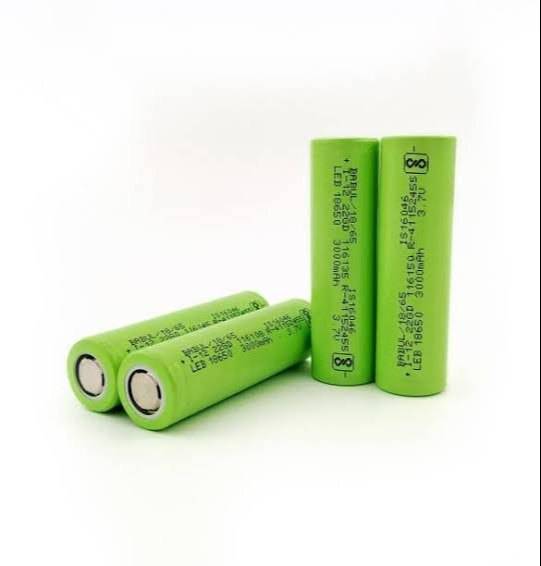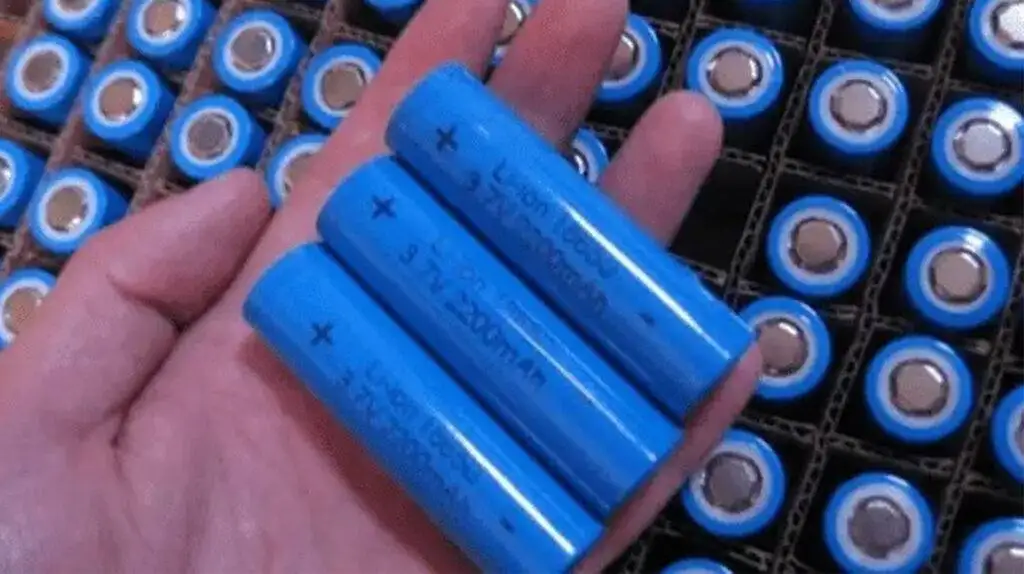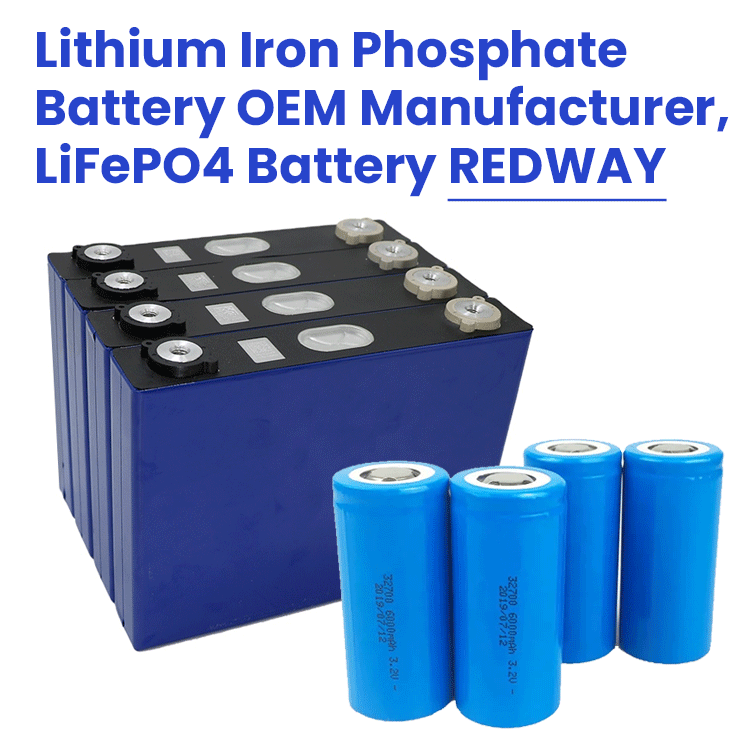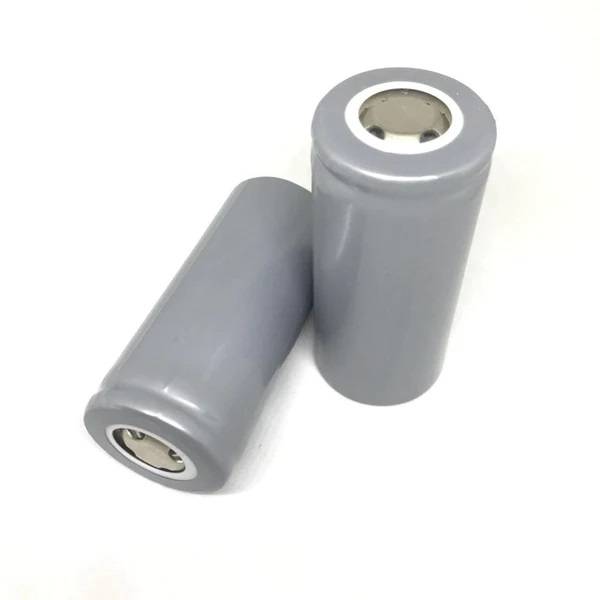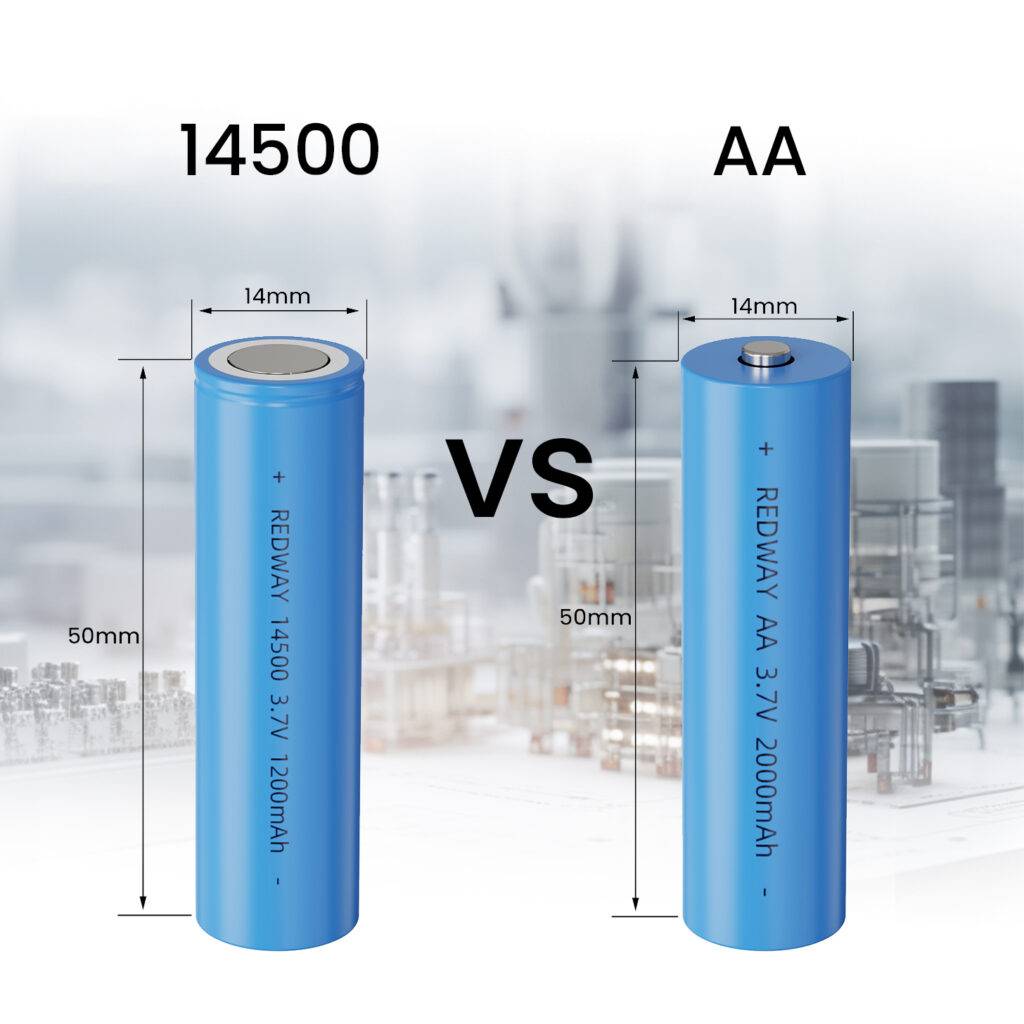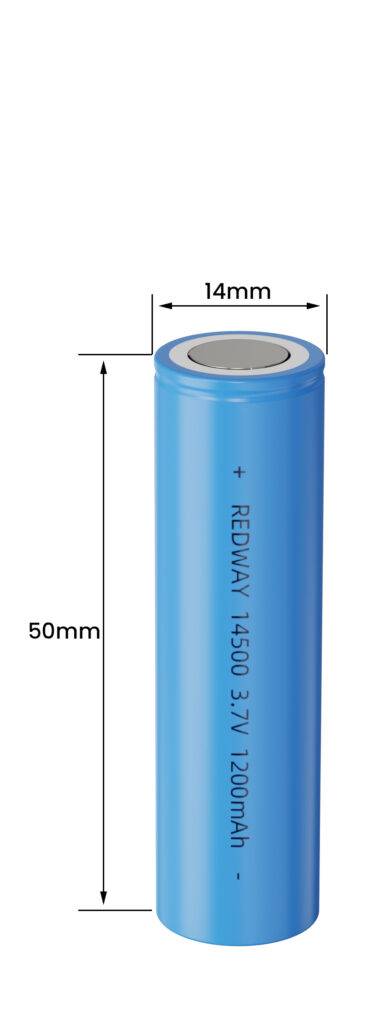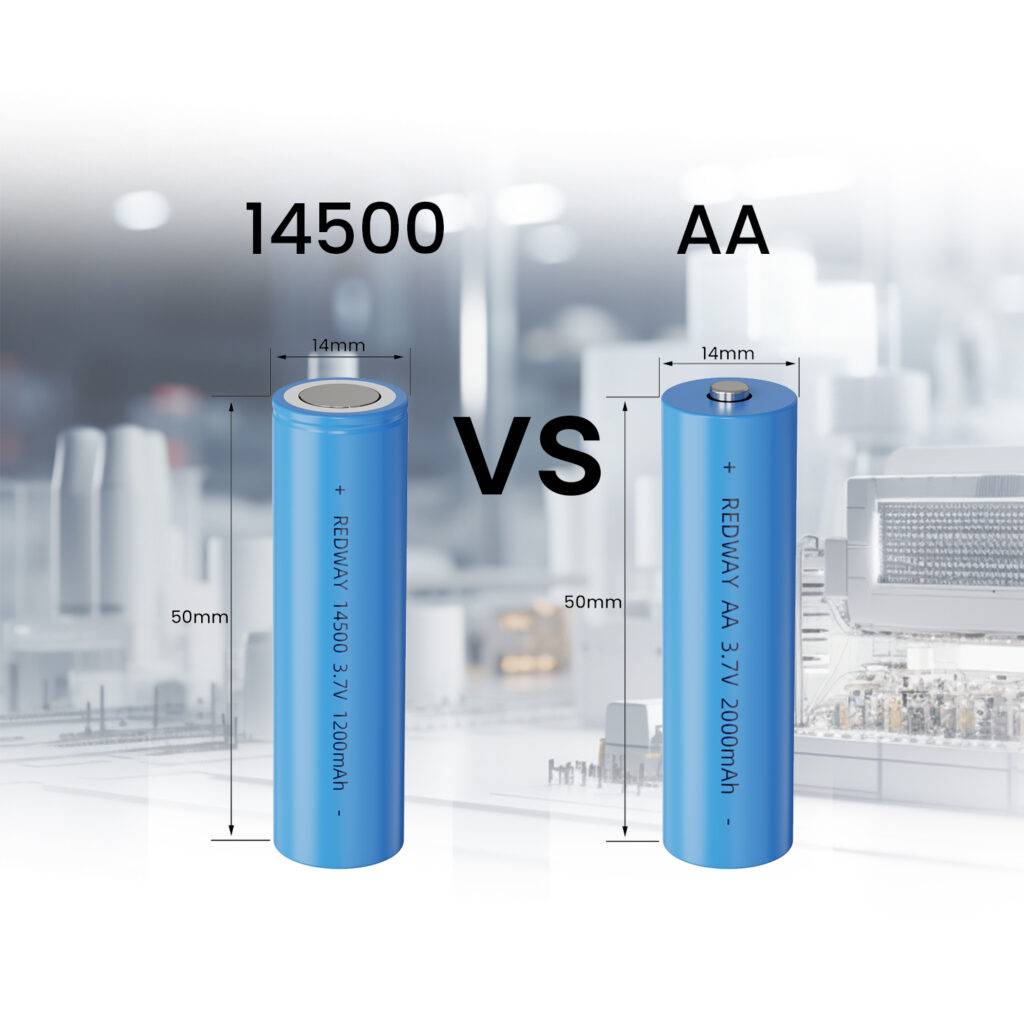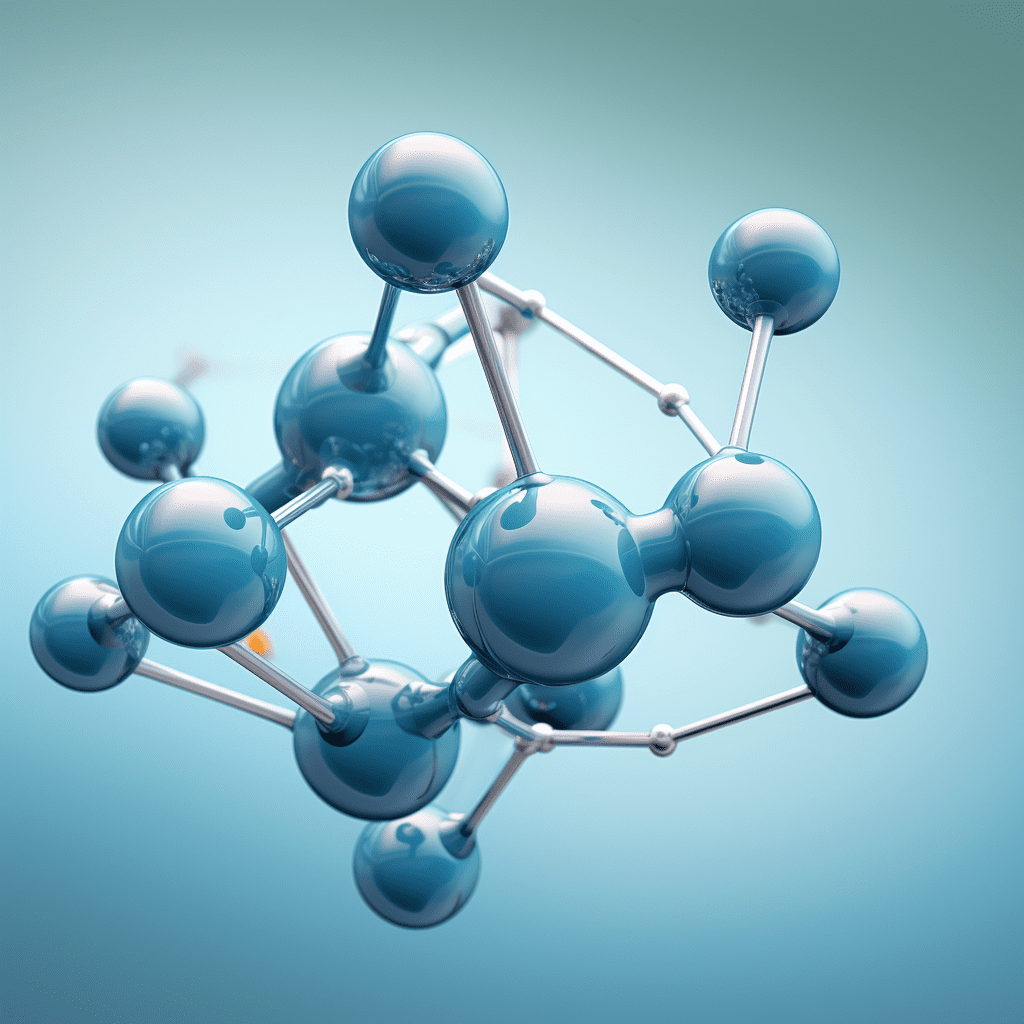Are you tired of relying on traditional batteries for your electronic devices? It’s time to switch to lithium-ion batteries that are more efficient, long-lasting, and safer. But with so many types available in the market, choosing between 14500 vs 18650 lithium battery can be confusing. Which one is better suited for your needs? In this blog post, we’ll break down the differences between these two popular lithium-ion batteries and help you make an informed decision on which one to invest in. So sit back, relax, and let’s dive into the world of lithium-ion batteries!
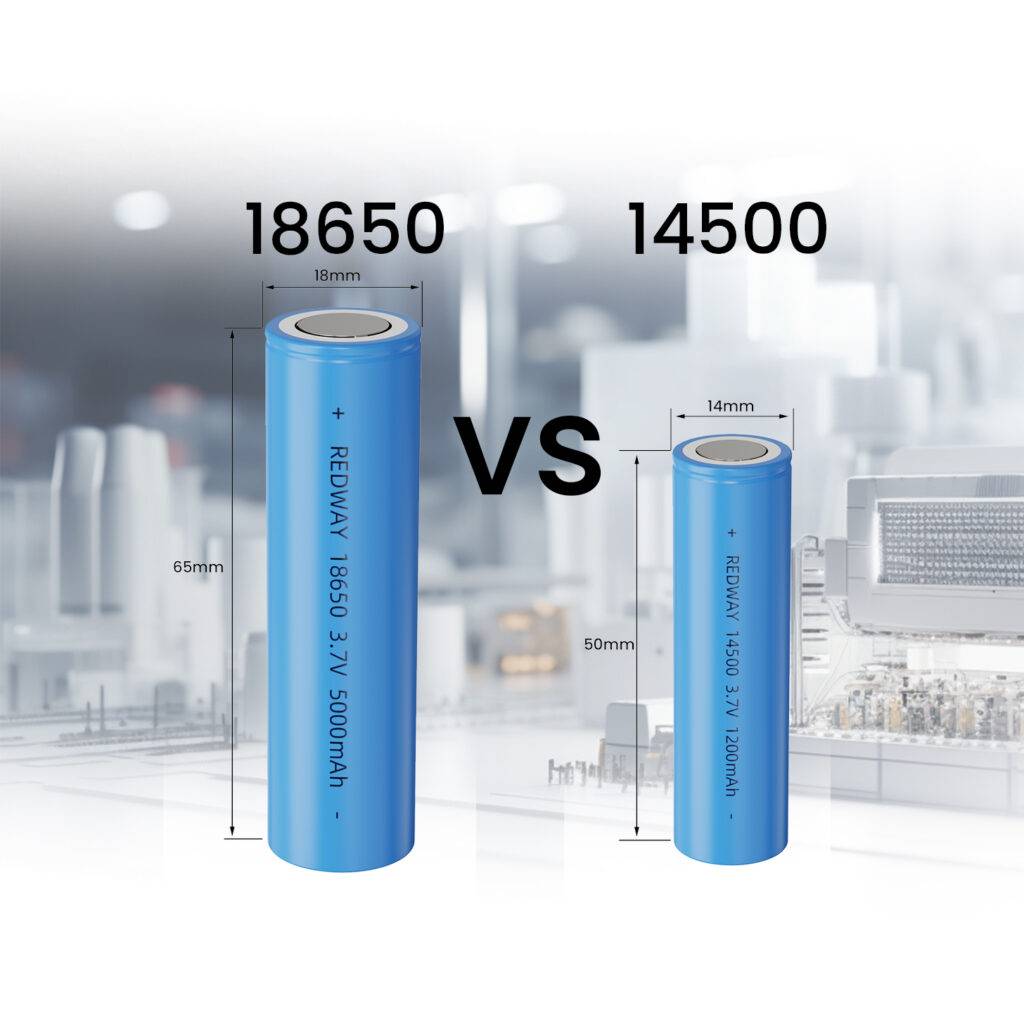
#post_seo_title
What are lithium batteries?
Lithium batteries are a type of battery that uses lithium metal or lithium compounds as an anode. Lithium batteries are primary batteries, which means they cannot be recharged. They have a high energy density and are lighter than other types of batteries with the same voltage. Lithium batteries have many applications, including in electronic cigarettes, laptops, cell phones, and digital cameras.
What is the difference between 14500 and 18650 lithium batteries?
14500 and 18650 lithium batteries differ in a few ways. The biggest difference is that 14500 batteries are smaller and have less capacity than 18650 batteries. 18650 batteries also have a higher voltage, which means they can provide more power to devices that require it. Another difference is that 14500 batteries are typically used in smaller devices, while 18650 batteries are more common in larger devices like laptops and power tools.
Which type of battery is best for you?
When it comes to batteries, there are a few different types to choose from. But which one is best for you? Here’s a breakdown of the most popular types of batteries to help you make the best decision for your needs.
Lead-acid batteries are the most common type of battery used in cars and other vehicles. They’re also used in backup power systems and industrial applications. Lead-acid batteries are strong and durable, but they’re also heavy and require regular maintenance.
Lithium-ion batteries are newer technology that’s becoming more popular in a variety of applications. Lithium-ion batteries are lighter weight than lead-acid batteries, and they don’t require as much maintenance. However, they can be more expensive upfront and may not have as long of a lifespan as lead-acid batteries.
Nickel-cadmium batteries are another type of battery that’s been around for awhile. Nickel-cadmium batteries are similar to lead-acid batteries in terms of strength and durability, but they don’t require as much maintenance. Nickel-cadmium batteries can be more expensive than lead-acid batteries, but they’ll last longer before needing to be replaced.
So, which type of battery is best for you? It really depends on your needs and budget. If you need a strong, durable battery that can handle a lot of use, then lead-acid or nickel-cadmium might be the way to
How to care for your lithium battery
1. How to care for your lithium battery
Lithium batteries are a type of rechargeable battery that has a high energy density and long life span. When properly cared for, they can provide years of reliable service. Here are some tips on how to keep your lithium battery healthy:
1) Store the battery in a cool, dry place when not in use. Extreme temperatures can shorten the lifespan of the battery.
2) Avoid letting the battery drain completely before recharging. This can damage the cell and reduce its capacity over time.
3) Don’t overcharge the battery. Once it reaches full charge, disconnect it from the charger to prevent further charging.
4) Keep an eye on the electrolyte level in sealed batteries. If it starts to run low, add distilled water to maintain proper levels.
Conclusion
The 14500 and 18650 lithium batteries are two of the most popular types of rechargeable battery that are used in many electronic devices. Both offer their own advantages, which make them suitable for different applications. When deciding between these two models, it is important to consider the size, capacity, and performance of each one to ensure that you get a quality product for your needs. With this information in mind, you should be able to determine which one will work best for your device or application.

